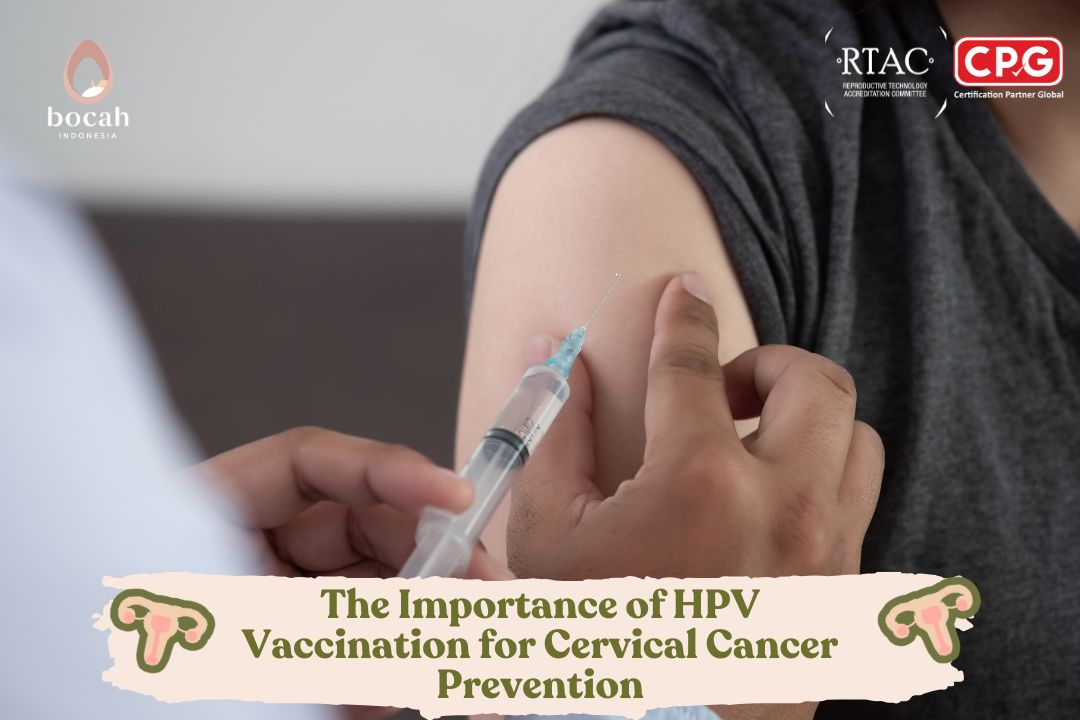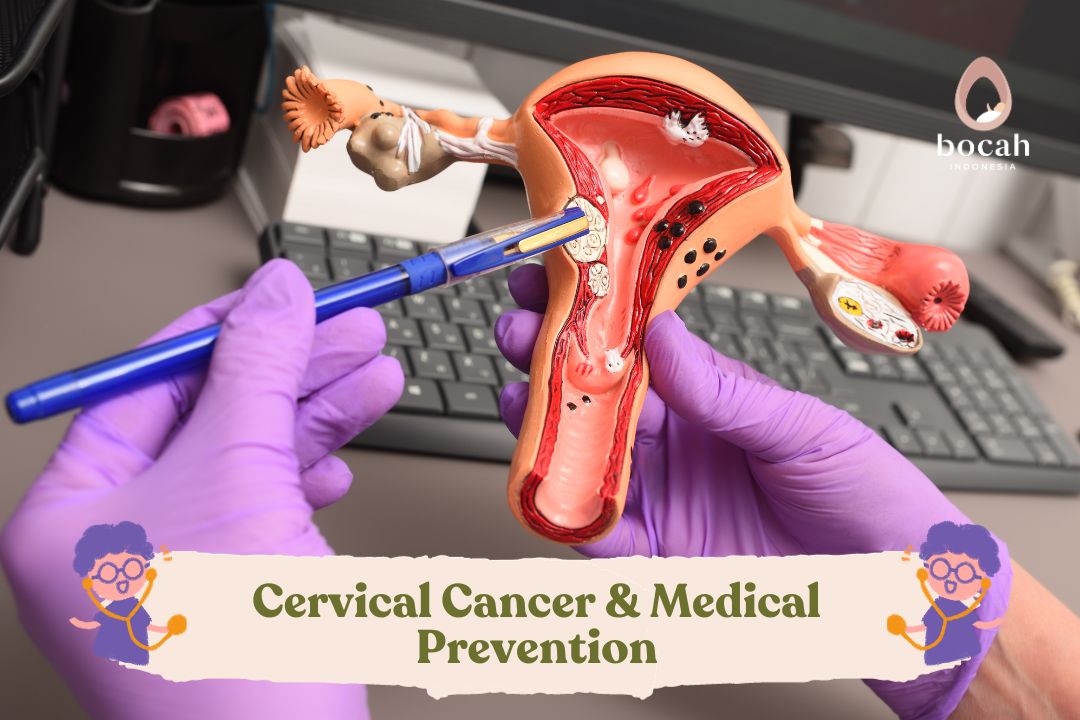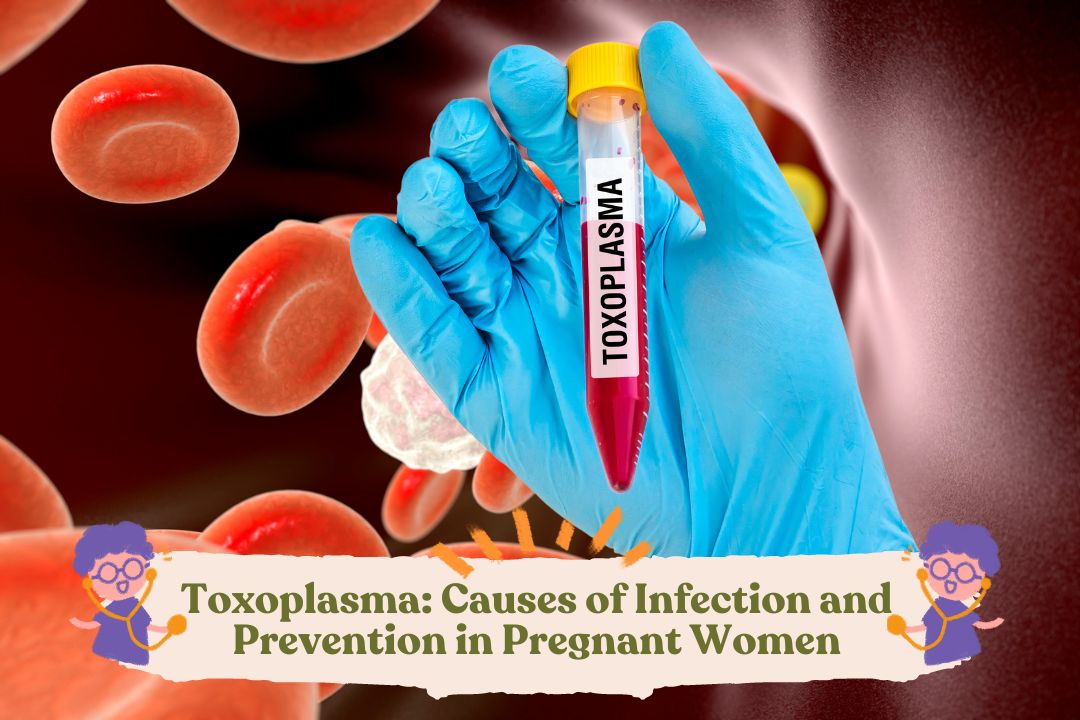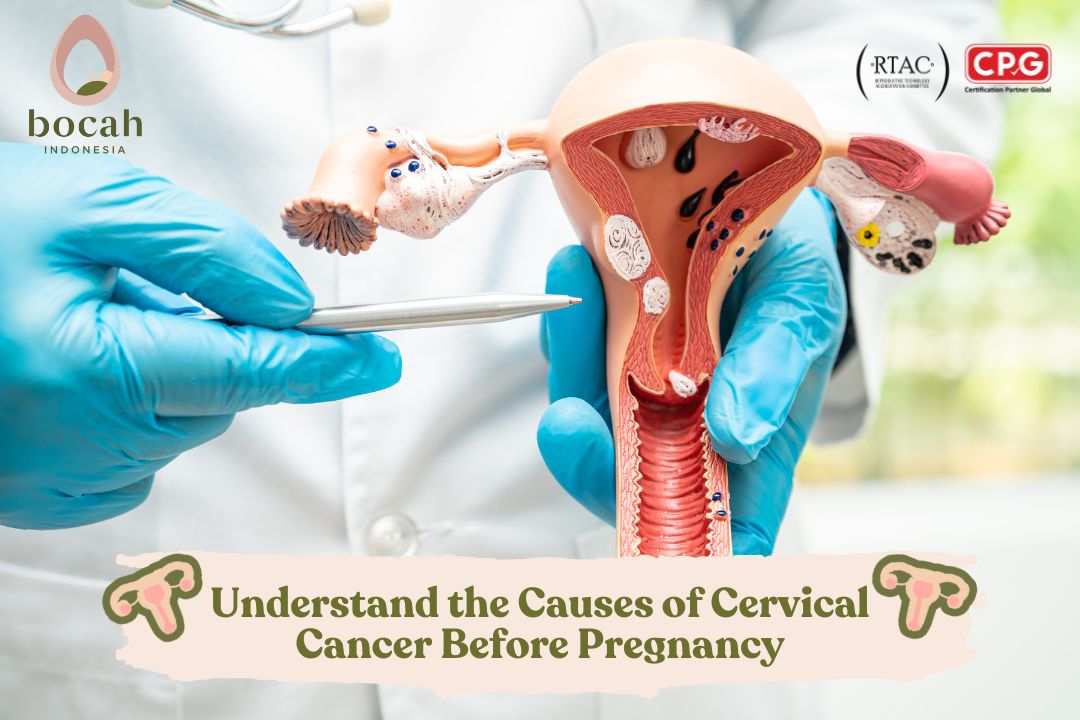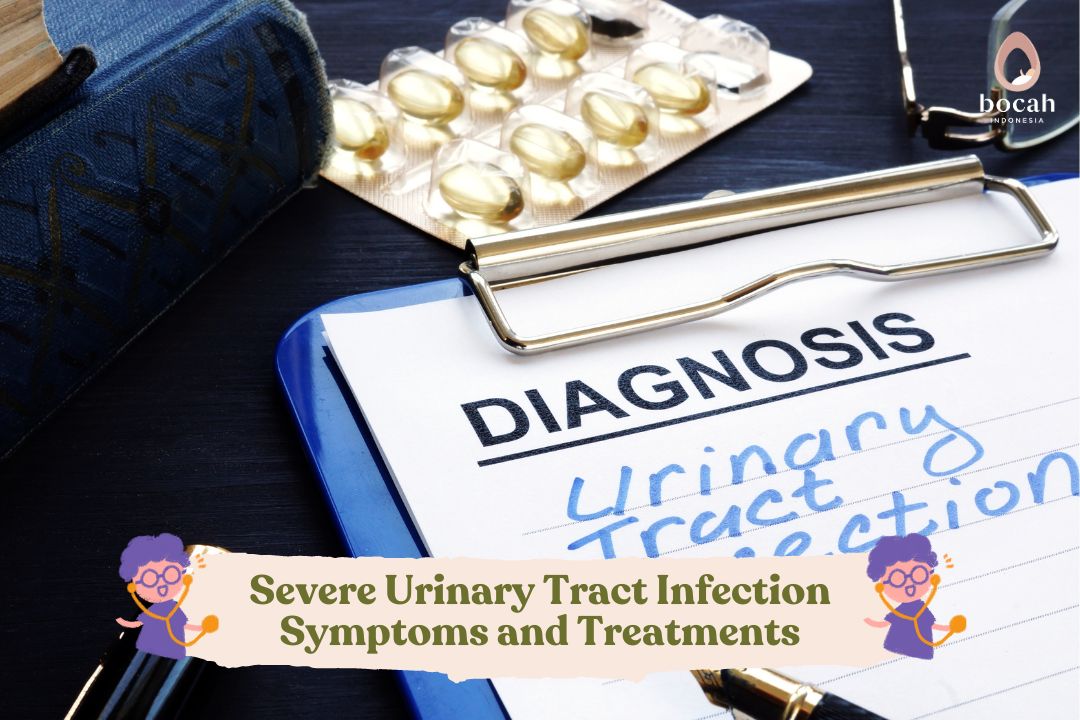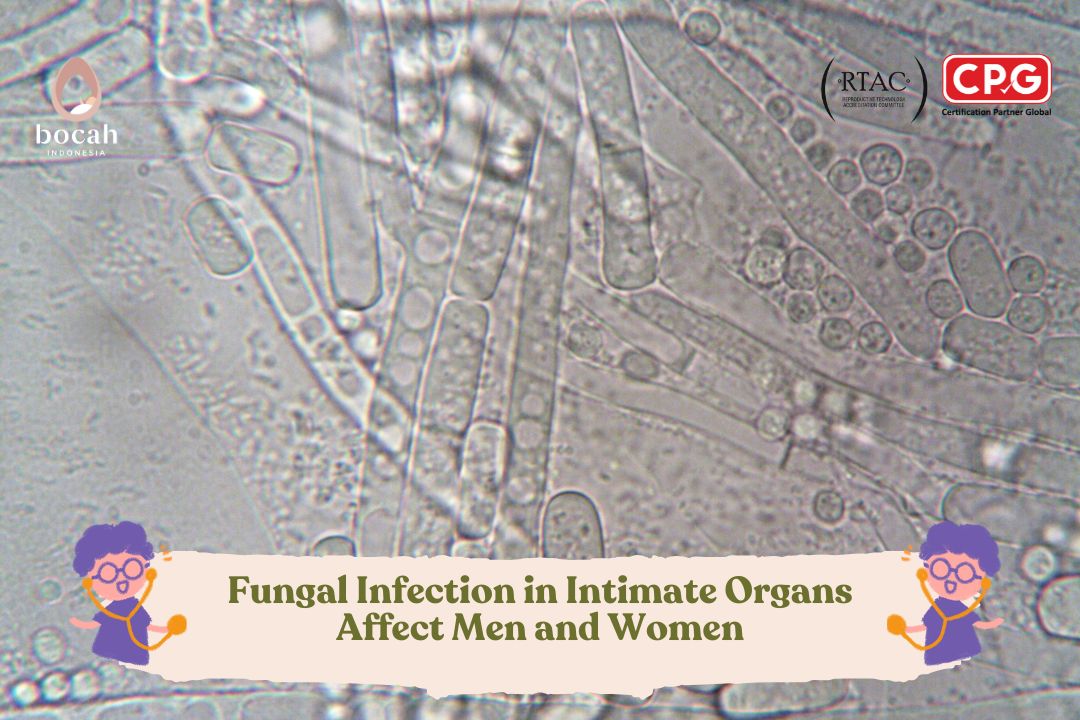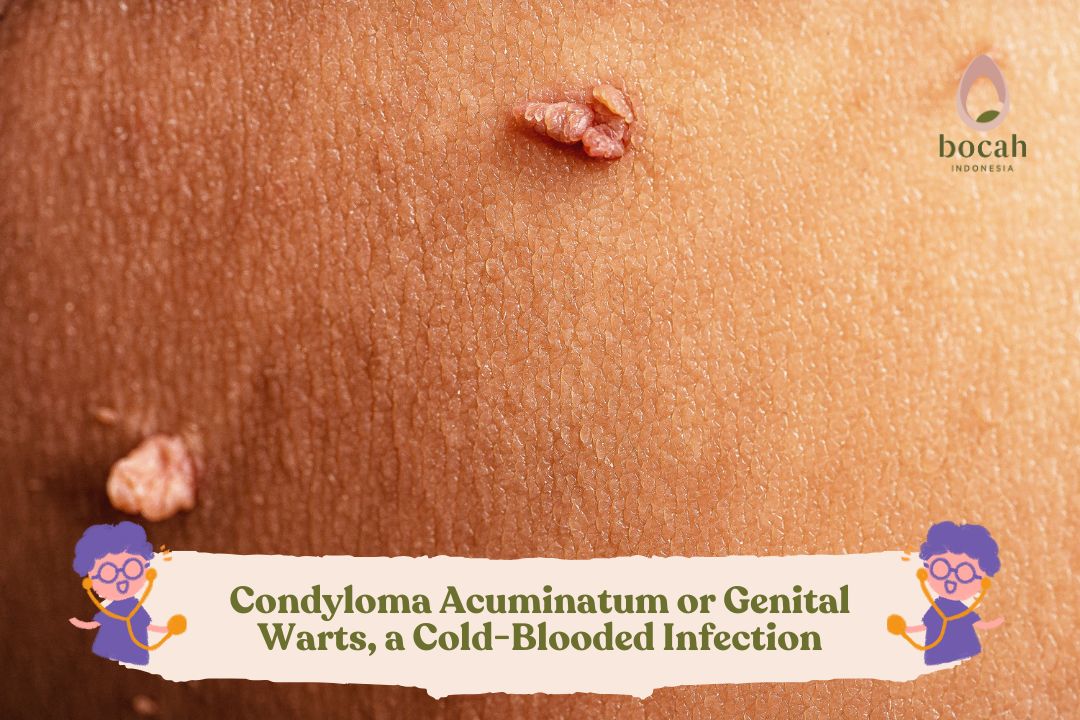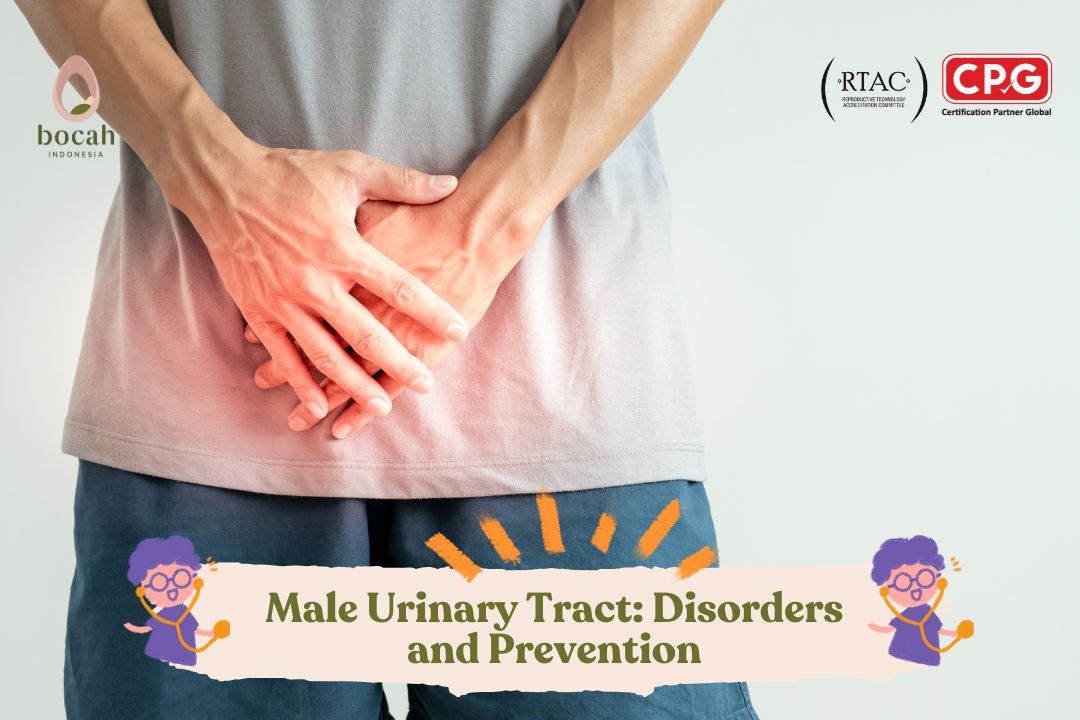Prevention of HPV Infection and Cervical Cancer
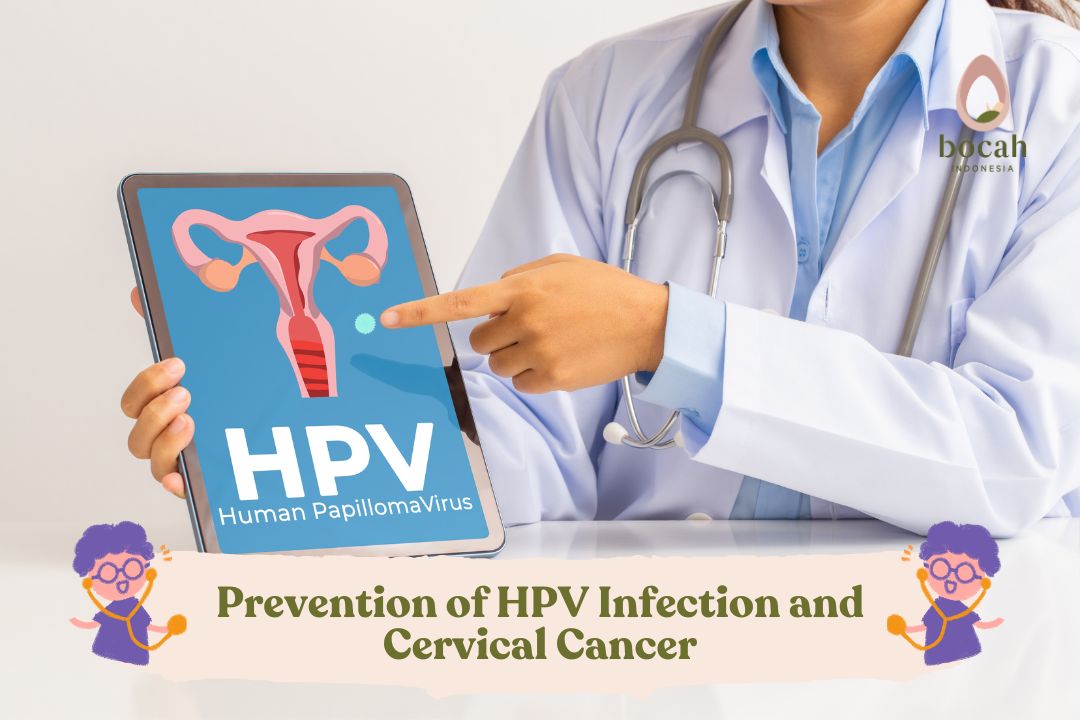
Human Papilloma Virus (HPV) is a virus that can affect various parts of the body, one of which is cervical cancer. Read more about it in the following article.
Dear parents, HPV is one type of virus that can be transmitted through direct contact with the skin or sexual contact with the infected person. For those infected with HPV, it is marked by the presence of warts on various areas of the body, such as arms, mouth, legs, and even genital areas.
About 30 types of HPV can affect genital areas, such as the vagina, vulva, cervix, penis, scrotum, and anus. 14 of these types of viruses can cause high-risk infections that lead to cervical cancer.
Risk Factors for HPV Transmission
The HPV virus can survive on the surface cells of the skin and can enter through skin wounds. Transmission can occur through direct contact with the skin of the infected person. Moreover, transmission can also occur through sexual intercourse, allowing the virus to enter the body. Even in pregnant women, HPV can be transmitted to the baby during childbirth.
Here are some conditions that can increase the risk of HPV infection, including:
Tanya Mincah tentang Promil?
-
-
Having a weakened immune system
-
Frequently changing sexual partners
-
Presence of open wounds on the skin
-
Having sexually transmitted diseases such as gonorrhea and chlamydia
-
Engaging in anal sex
-
Prevention of HPV Infection
One of the primary steps in preventing this virus infection is through HPV vaccination. HPV vaccination is one type of vaccine that is mandatory in the national immunization program. This is to prevent HPV infection that can cause cervical cancer.
Based on the regulations of the Minister of Health, HPV vaccination is given to:
-
-
Girls aged 9-13 years are recommended to have two doses of HPV vaccination with a 12-month interval
-
Women aged 13-45 years are advised to have three doses of HPV vaccination, with a 2-month interval between the first and second vaccinations. Then, a 6-month interval between the second and third vaccinations.
-
No need to worry, this vaccine is also necessary for men to prevent HPV transmission. Men and women aged 27-45 years who have not been vaccinated can receive the 9-valent HPV vaccine.
In addition to vaccination, several methods can be done to prevent HPV infection and cervical cancer, including:
-
-
Undergoing regular health check-ups
-
Avoiding direct contact with warts and if accidentally touched, immediately wash hands
-
Engaging in safe sexual practices
-
Avoiding having multiple sexual partners
-
Using footwear when engaging in outdoor activities to minimize HPV infection
-
Well, those are some things parents need to pay attention to in preventing the spread of HPV infection. Don’t forget to undergo regular check-ups!


